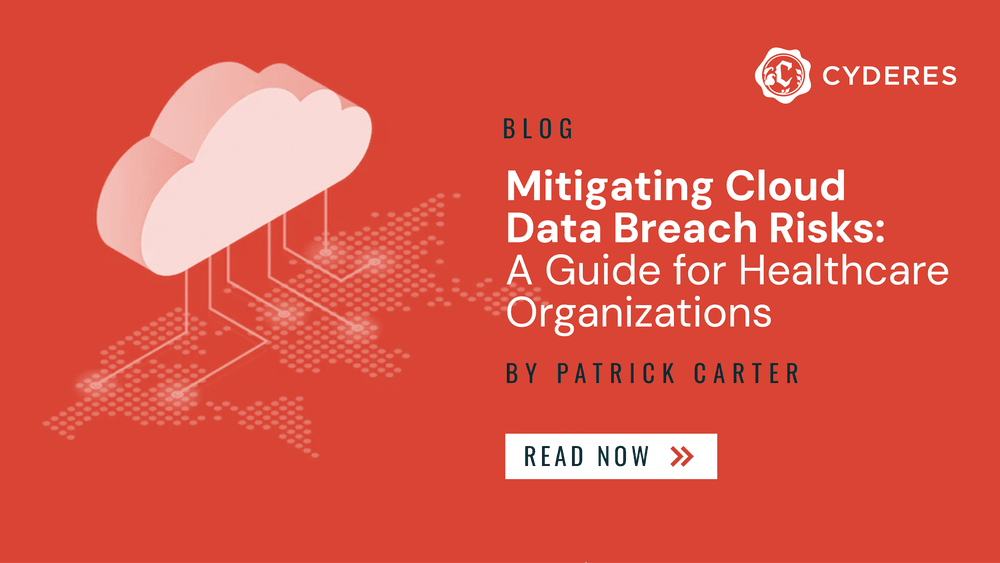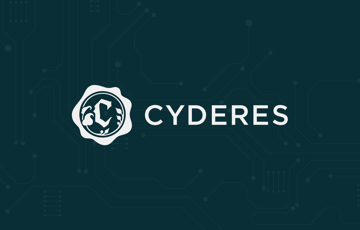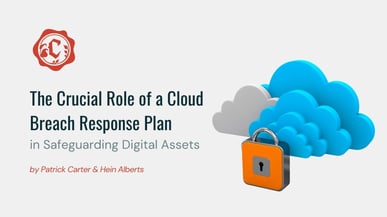Article contributed by Patrick Carter
In the dynamic realm of healthcare, where the digital transformation has become ubiquitous, cloud technology integration brings unprecedented advantages and efficiencies. However, this paradigm shift also introduces new challenges, with the looming specter of cloud data breaches posing a significant threat to the sensitive patient information entrusted to healthcare organizations.
Understanding the Landscape:
Healthcare data is a treasure trove for cybercriminals, containing not only personal information but also valuable medical records. The migration of this data to the cloud amplifies the risk, necessitating a deep understanding of the evolving threat landscape.
Common Threat Vectors:
- Unauthorized Access and Insider Threats: Unauthorized access to patient records remains a primary concern. Human error, intentional malfeasance, or compromised credentials can lead to unauthorized individuals gaining entry to sensitive data. Implementing robust access controls and continuous monitoring are crucial in mitigating this risk.
- Ransomware Attacks: Ransomware is a potent threat in the healthcare sector. Malicious actors encrypt critical data and demand ransom for its release. Regular data backups, effective incident response plans, and employee training on phishing prevention are essential defenses against these attacks.
- Vulnerabilities in Connected Devices: The proliferation of interconnected medical devices introduces additional vulnerabilities. Ensuring the security of these devices, from IoT-enabled equipment to wearable health trackers, is paramount to prevent exploitation and potential breaches.
- Inadequate Encryption and Security Measures: In the race to adopt cloud solutions, some organizations may overlook the importance of robust encryption and comprehensive security measures. Failing to encrypt data during storage, transit, and processing increases the risk of unauthorized access.
Mitigating the Risks:
- Encryption and Access Controls: Implementing end-to-end encryption and stringent access controls are fundamental steps in safeguarding healthcare data. Encryption ensures that even if unauthorized access occurs, the data remains indecipherable.
- Regular Software Updates and Patch Management: Outdated software is a breeding ground for vulnerabilities. Regular updates and patch management are critical to closing security gaps and staying ahead of potential exploits.
- Employee Training and Phishing Prevention: Human error significantly contributes to data breaches. Training healthcare staff on security best practices, especially in recognizing and avoiding phishing attempts, is a vital component of a holistic security strategy.
Looking Ahead:
As healthcare organizations continue their journey into the digital era, collaboration between stakeholders, regulatory bodies, and technology partners becomes essential. Adhering to industry-specific compliance standards, such as the Health Insurance Portability and Accountability Act (HIPAA), is non-negotiable.
In conclusion, integrating cloud technology in healthcare brings transformative benefits while demanding a heightened data security commitment. A holistic approach encompassing technological, procedural, and human-centric elements is imperative to navigate the complex landscape of cloud data breach threats in healthcare. By prioritizing security measures and staying ahead of emerging risks, the healthcare industry can ensure the integrity and confidentiality of patient data in the digital age.
TAKE THE FIRST STEP IN TRANSFORMING YOUR CLOUD SECURITY PROGRAM
Schedule a time to connect with our team of leading experts for an assessment of your cloud security architecture.
For more cybersecurity tips, follow Cyderes on LinkedIn and Twitter.



